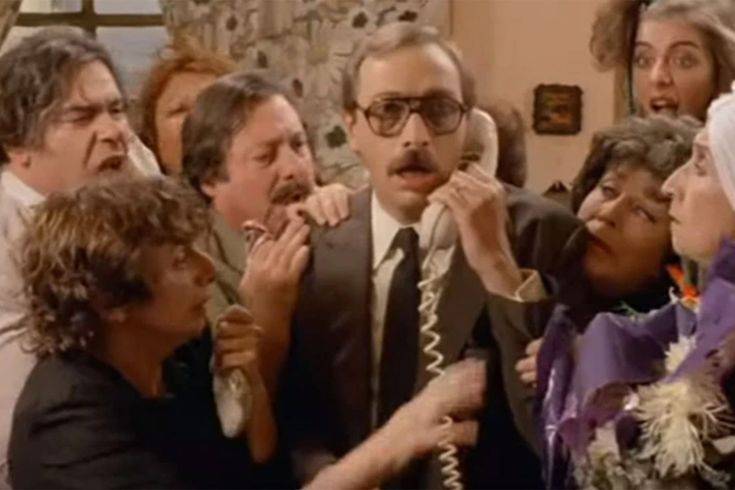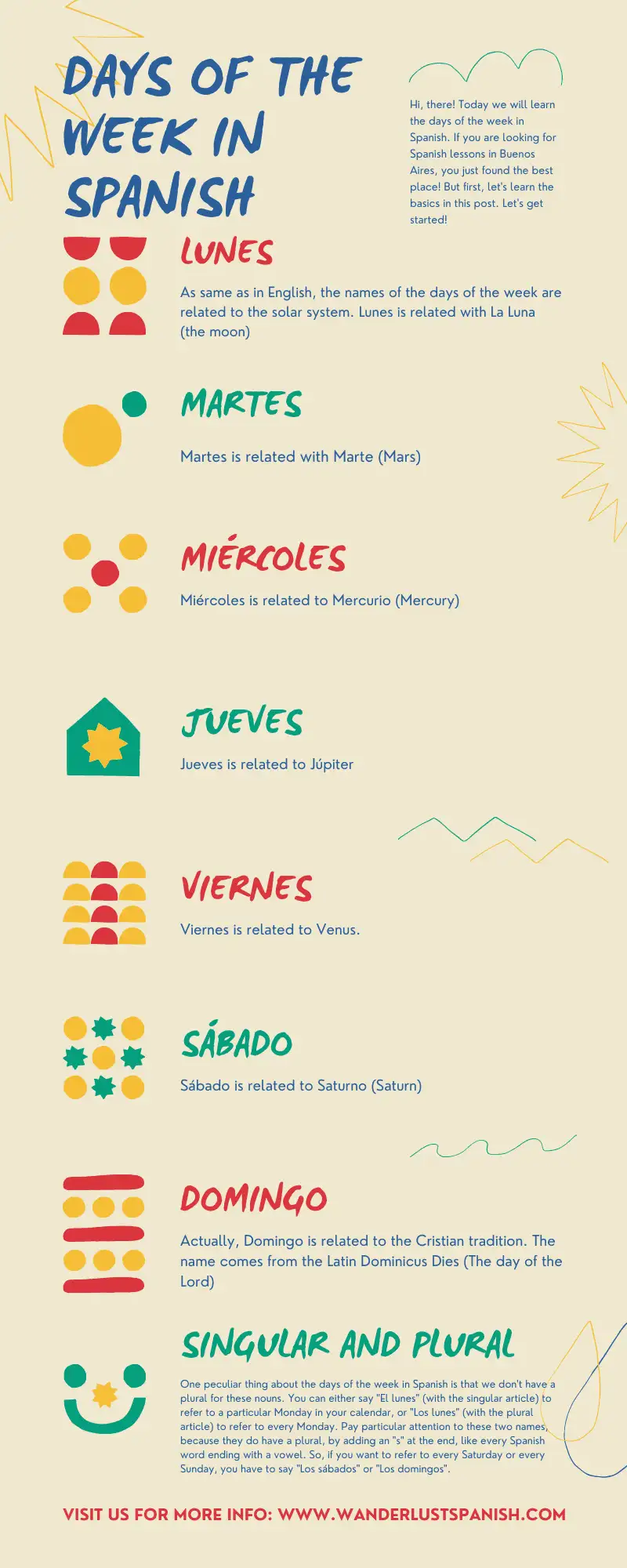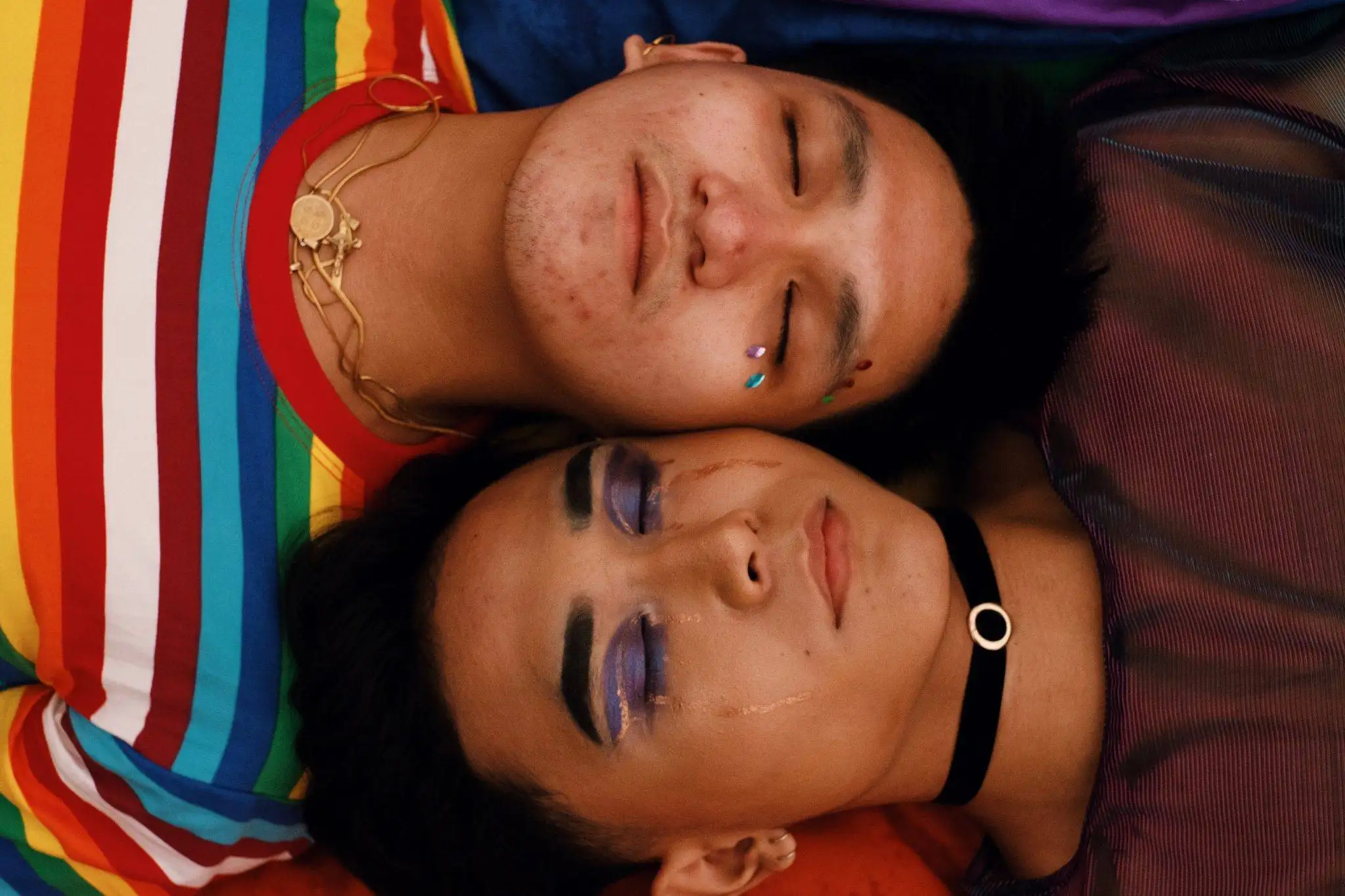Welcome to the world of Argentine cinema, where passion, culture, and creativity come together in an industry renowned worldwide. Argentine cinema has produced powerful and unique films that offer insights into the nation’s identity, struggles, and society. In this guide, we’ll explore the films and directors you need to know to appreciate the magic of Argentine cinema. So, grab your popcorn, and let’s dive into these cinematic gems!
The golden age of Argentine cinema
Contents
The golden age of Argentine cinema spanned from the 1930s to the early 1950s, a period marked by major commercial success and artistic development. Films like La guerra gaucha (1942) and La cabalgata del circo (1945) showcased Argentine talent, highlighting national pride and patriotism. Carlos Gardel, the legendary tango singer, became an international star during this period, acting in numerous films that combined music and storytelling, leaving a lasting influence on Argentine culture.
However, as political changes rocked the country, the film industry faced challenges, including censorship. Despite this, Argentine cinema endured, continuing to reflect Argentina’s evolving political landscape and producing timeless works that spoke to both local and international audiences.
Must-watch Argentine films
1. The Secret in Their Eyes (El secreto de sus ojos)
A true classic of Argentine cinema, The Secret in Their Eyes is a crime thriller directed by Juan José Campanella that won the 2010 Academy Award for Best Foreign Language Film. The film follows a retired legal counselor haunted by an unresolved case. It’s a blend of romance and mystery that delves into themes of justice, obsession, and memory. This is a gripping film that captivates audiences with its stunning cinematography and powerful performances.
2. Wild Tales (Relatos salvajes)
Directed by Damián Szifron, Wild Tales (2014) is a dark comedy and drama anthology that comprises six standalone stories, each examining human behavior under extreme stress. The film, which was nominated for an Academy Award, offers a satirical take on revenge, anger, and frustration in modern life. Wild Tales is an unmissable film that perfectly represents contemporary Argentine cinema and showcases the country’s love for exploring complex themes through a blend of humor and drama.
3. A Fantastic Woman (Una mujer fantástica)
Directed by Sebastián Lelio and co-produced with Chile, A Fantastic Woman tells the story of Marina, a transgender woman facing societal rejection and personal loss. This deeply moving film won the Oscar for Best Foreign Language Film in 2018, earning international acclaim for its portrayal of resilience, love, and the quest for self-acceptance.
4. The Headless Woman (La mujer sin cabeza)
Directed by Lucrecia Martel, one of Argentina’s most respected directors, The Headless Woman explores themes of class, guilt, and denial in Argentine society. The film follows a woman who believes she may have hit someone with her car, but as she grapples with the incident, her reality becomes increasingly blurred. Martel’s unique style and focus on psychological depth make this film a powerful addition to Argentine cinema.
5. Nine Queens (Nueve reinas)
A classic heist thriller directed by Fabián Bielinsky, Nine Queens (2000) follows two con artists as they try to swindle a stamp collector. With witty dialogue, clever twists, and a sharp social commentary on deception and greed, Nine Queens is an engaging and intelligent film that captures the essence of Argentine wit.
Celebrated Argentine directors
1. Lucrecia Martel
Martel is a master of crafting deeply introspective films that challenge societal norms. Known for her unique narrative style, she often focuses on psychological exploration and class issues in Argentina. Her films like The Holy Girl and The Headless Woman have made her an internationally respected figure in Argentine cinema.
2. Juan José Campanella
Best known for his Academy Award-winning film The Secret in Their Eyes, Campanella blends elements of drama, mystery, and romance to create gripping narratives. His work reflects the complexities of Argentine society and appeals to audiences worldwide.
3. Damián Szifron
Szifron’s knack for combining dark humor with social commentary is evident in Wild Tales. His ability to balance absurdity with realism has made him a unique voice in Argentine cinema. Wild Tales was a major international success, marking Szifron as a director who isn’t afraid to push boundaries.
4. Pablo Trapero
With a gritty, realistic style, Trapero is known for films that address social issues, such as El Bonaerense and Lion’s Den. His films often portray the struggles of everyday Argentines, making him an important figure in Argentine social realism.
5. Sebastián Lelio
Though he has also collaborated with Chilean cinema, Lelio’s work, such as A Fantastic Woman, contributes significantly to the Argentine narrative landscape. His films focus on themes of gender identity and resilience, and his storytelling has resonated worldwide.
The evolution of Argentine cinema
In recent years, Argentine cinema has gained momentum on the international stage, thanks to streaming platforms and global film festivals. Argentina’s unique ability to blend genres and tackle social issues has kept its cinema fresh and relevant.
With an increase in independent film production and festivals like the Buenos Aires International Festival of Independent Cinema (BAFICI), local filmmakers have more opportunities to showcase their work. Argentine cinema continues to address both universal and uniquely Argentine themes, making it a dynamic and evolving industry.
Key festivals and awards in Argentine cinema
Film festivals have played a crucial role in promoting Argentine cinema. The Mar del Plata Film Festival, one of the oldest in Latin America, showcases both national and international films. Meanwhile, BAFICI serves as a platform for independent filmmakers, offering audiences a mix of avant-garde and mainstream cinema. These festivals not only highlight Argentine talent but also promote cultural exchange, allowing Argentine cinema to reach a global audience.
Why you should watch Argentine cinema
Argentine cinema is a window into Argentina’s soul, offering diverse perspectives on life, identity, and social issues. Watching Argentine films provides insight into the country’s history, culture, and values, while also offering universal themes that resonate worldwide. Whether you’re interested in gripping thrillers, intense dramas, or quirky comedies, Argentine cinema has something to offer everyone.
Argentine films are also an opportunity to appreciate the artistry of filmmaking. Directors like Lucrecia Martel and Juan José Campanella use innovative techniques, immersive storytelling, and striking visuals to create unforgettable cinematic experiences. By exploring these films, you’ll gain a deeper understanding of Argentina’s cultural and cinematic legacy.
How to start your journey into Argentine cinema
If you’re ready to dive into Argentine cinema, we recommend starting with the films and directors listed here. Each film provides a unique perspective on Argentine life, culture, and storytelling, ensuring a rich and engaging viewing experience. Explore classics like The Secret in Their Eyes and Nine Queens, then venture into newer films like Wild Tales to witness how the industry continues to evolve.
Conclusion
From its golden age to the present, Argentine cinema has carved out a unique space in the global film industry. With must-watch films and directors who push creative boundaries, Argentina offers a cinematic experience unlike any other. Whether you’re drawn to gripping mysteries, thought-provoking dramas, or social commentaries, Argentine cinema has something to captivate every viewer. So, start exploring this incredible world of storytelling—you won’t be disappointed!









